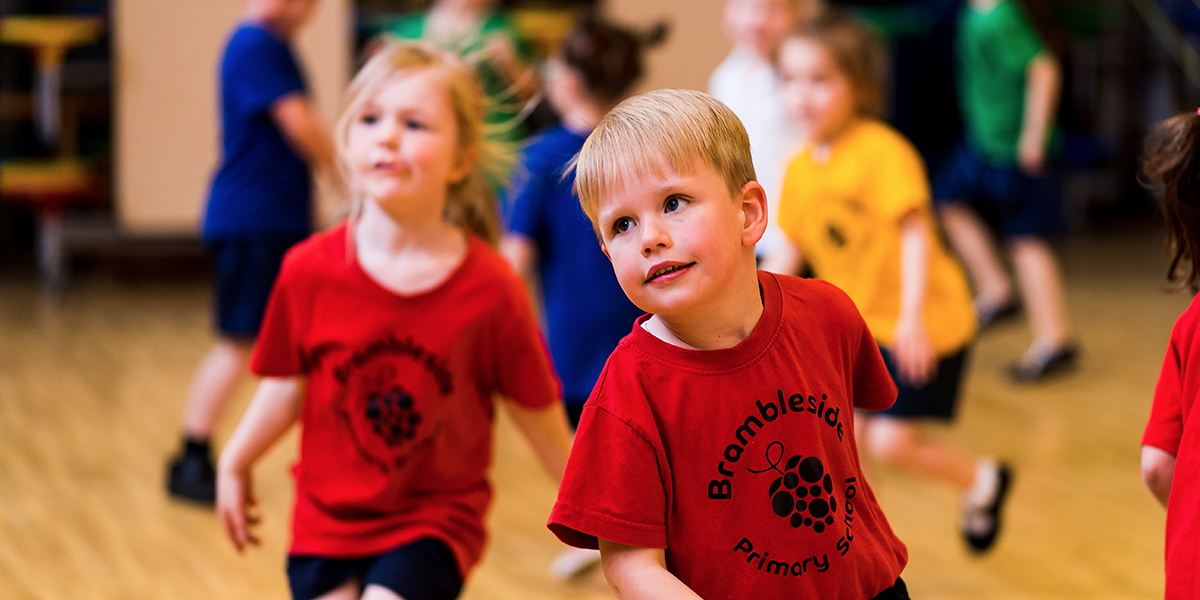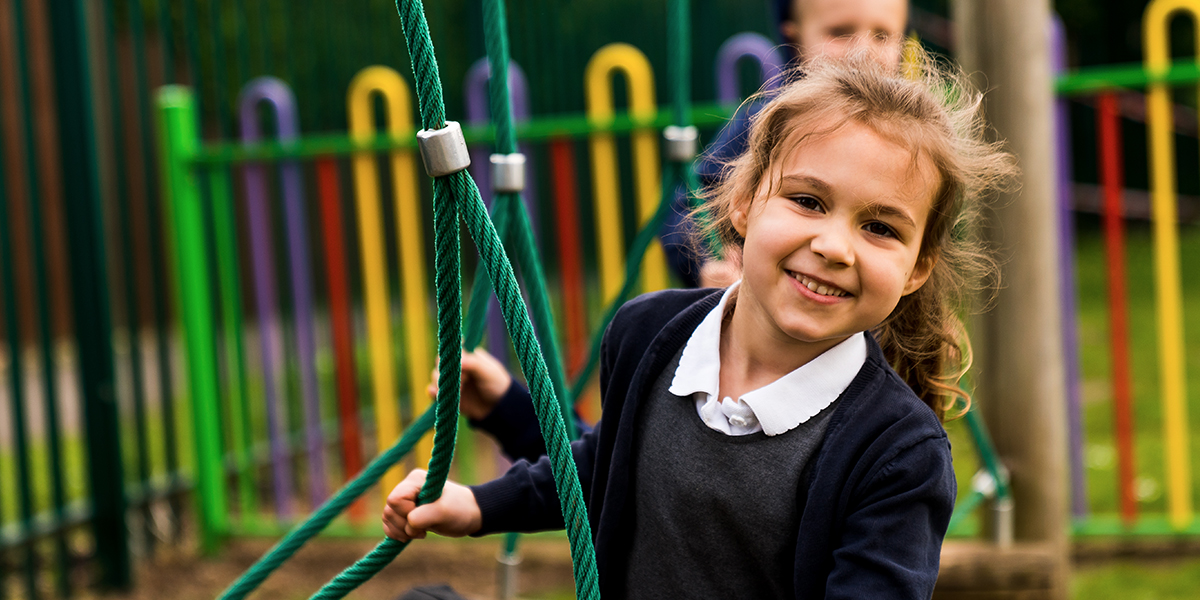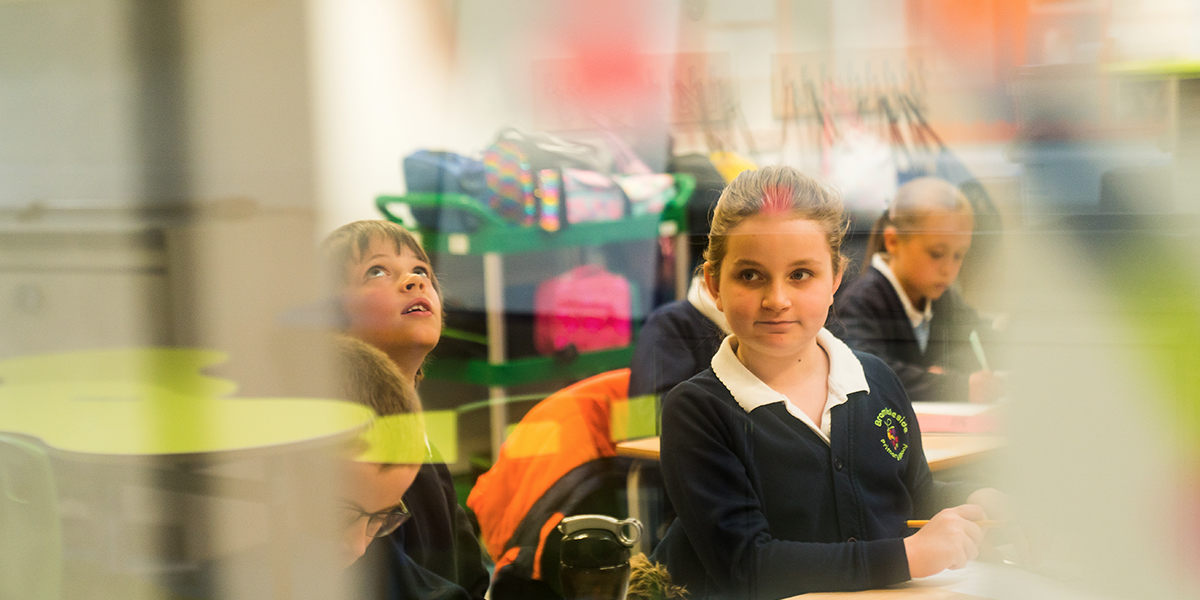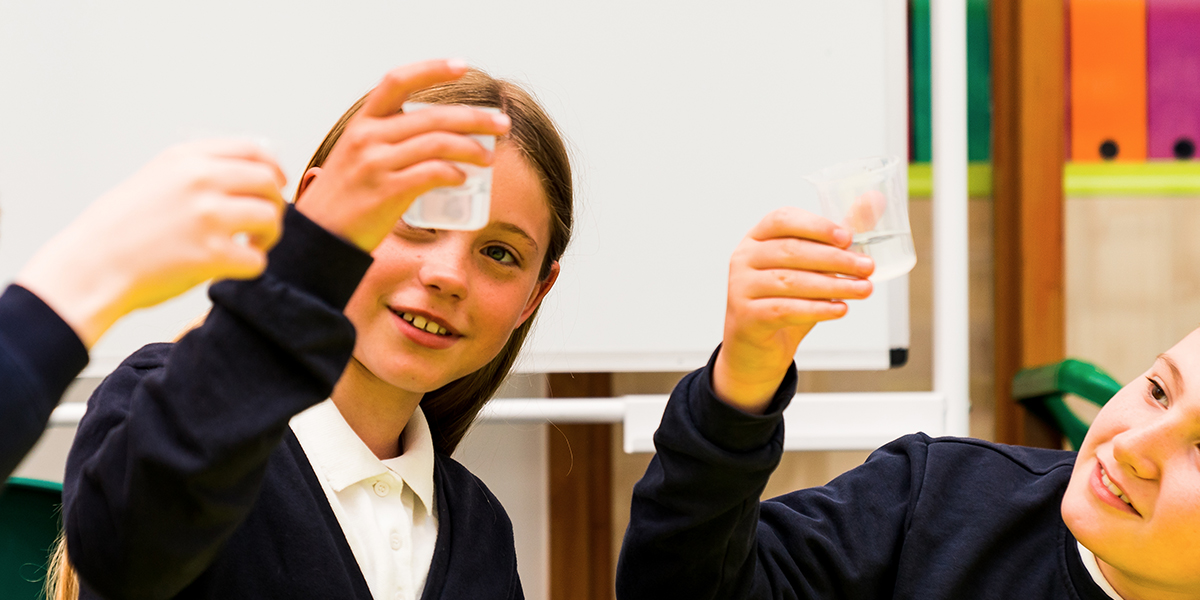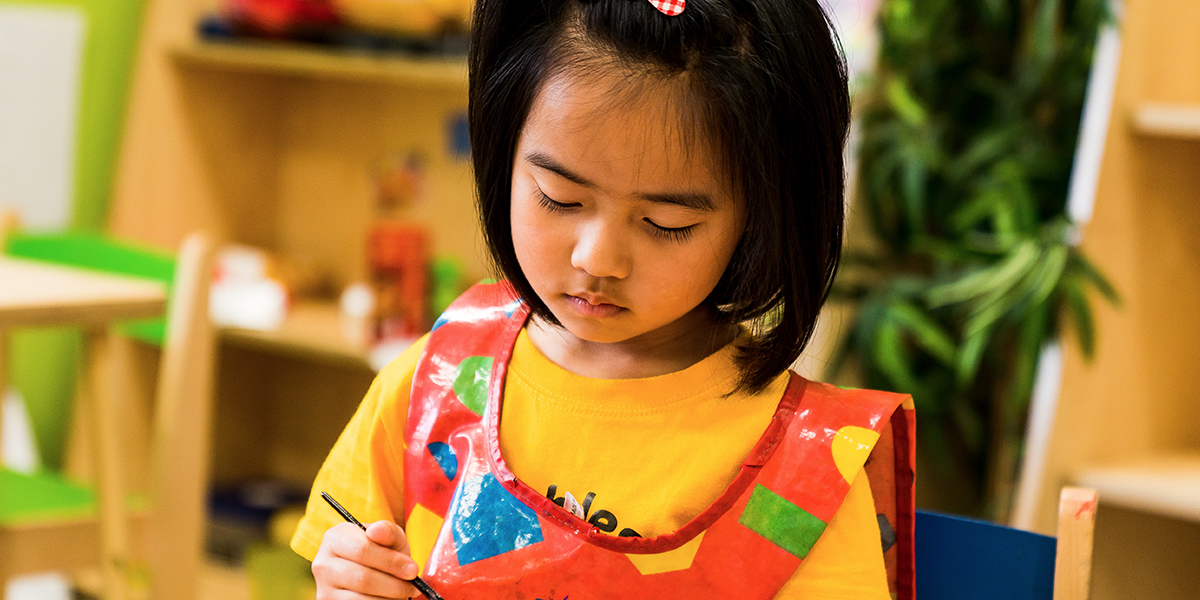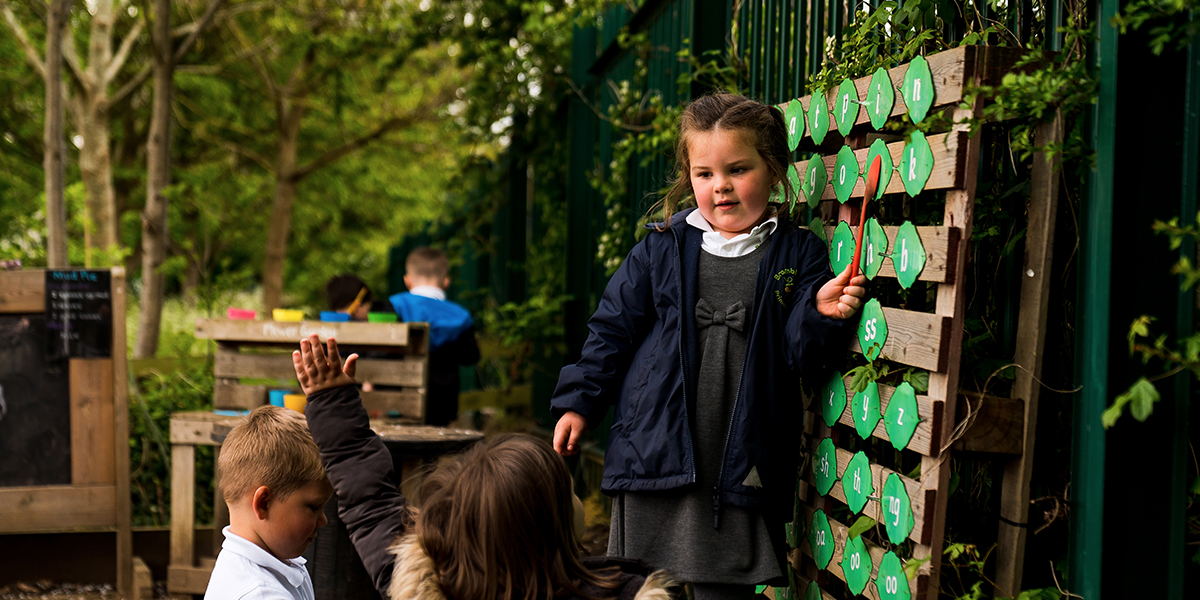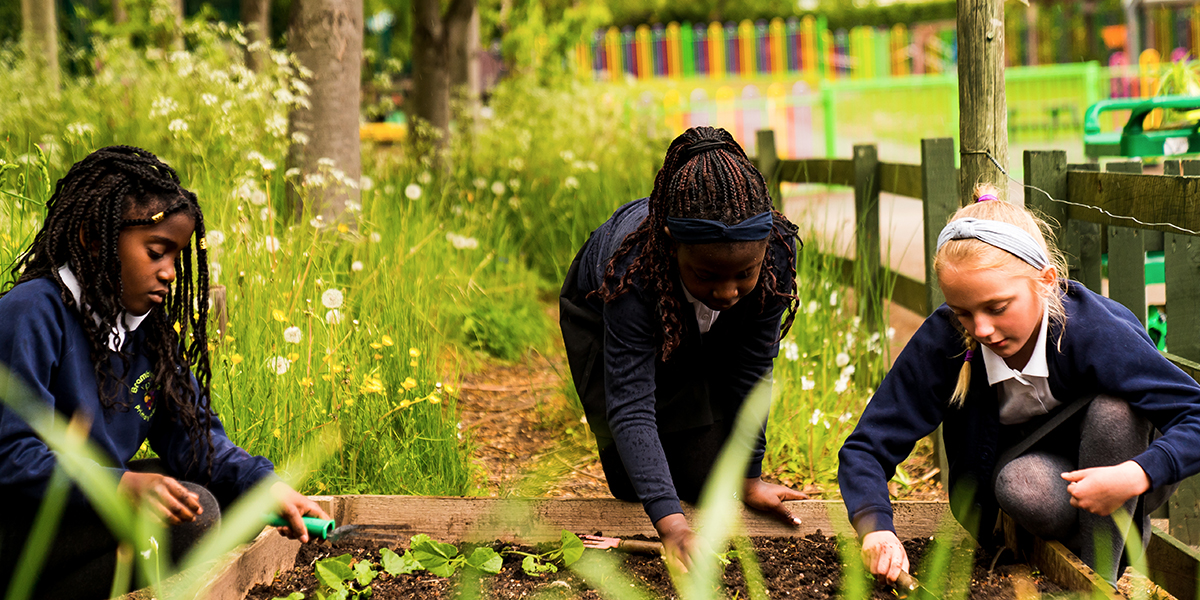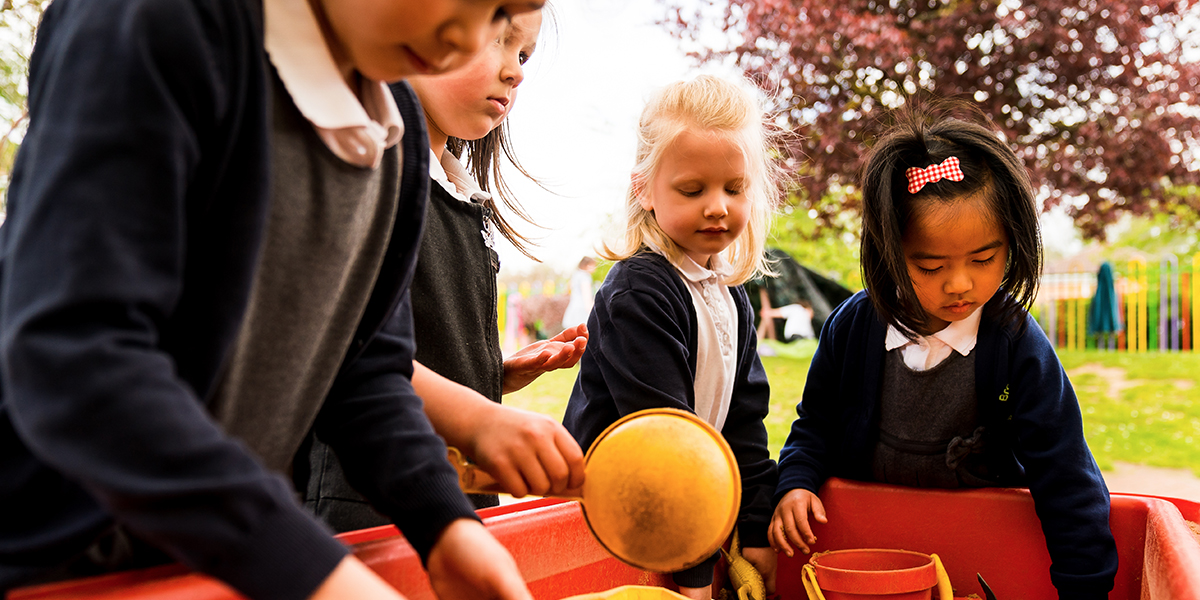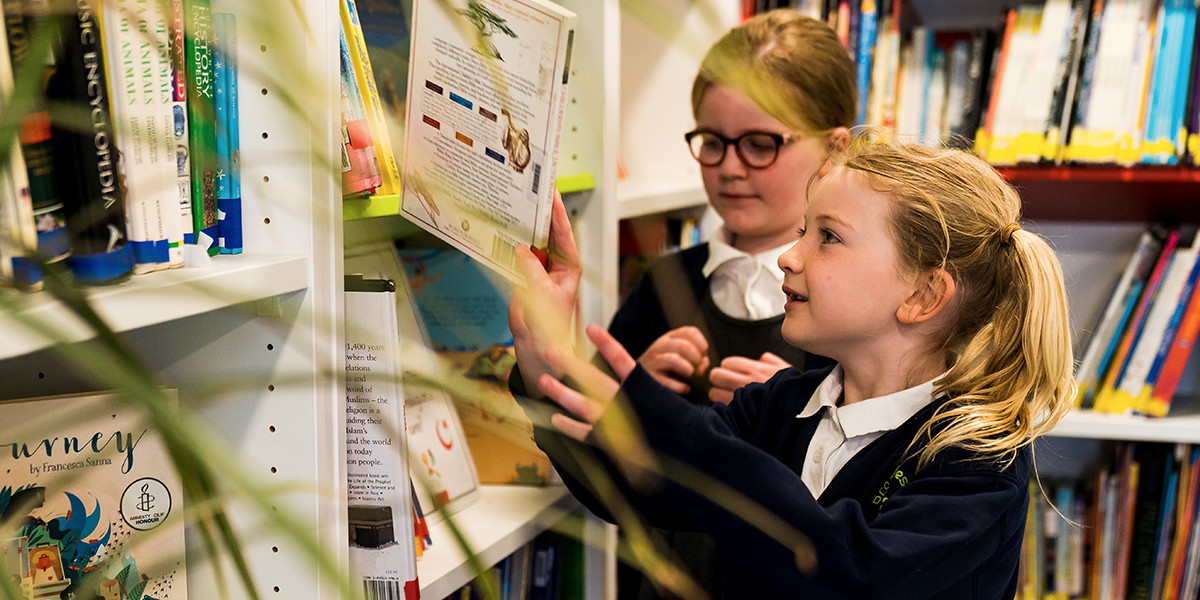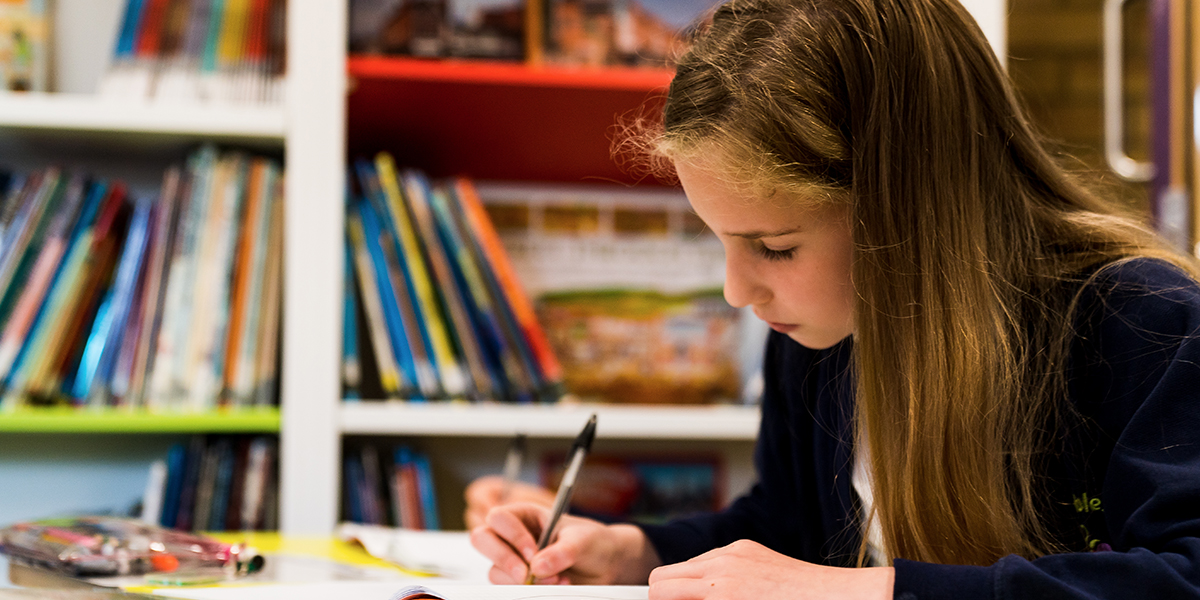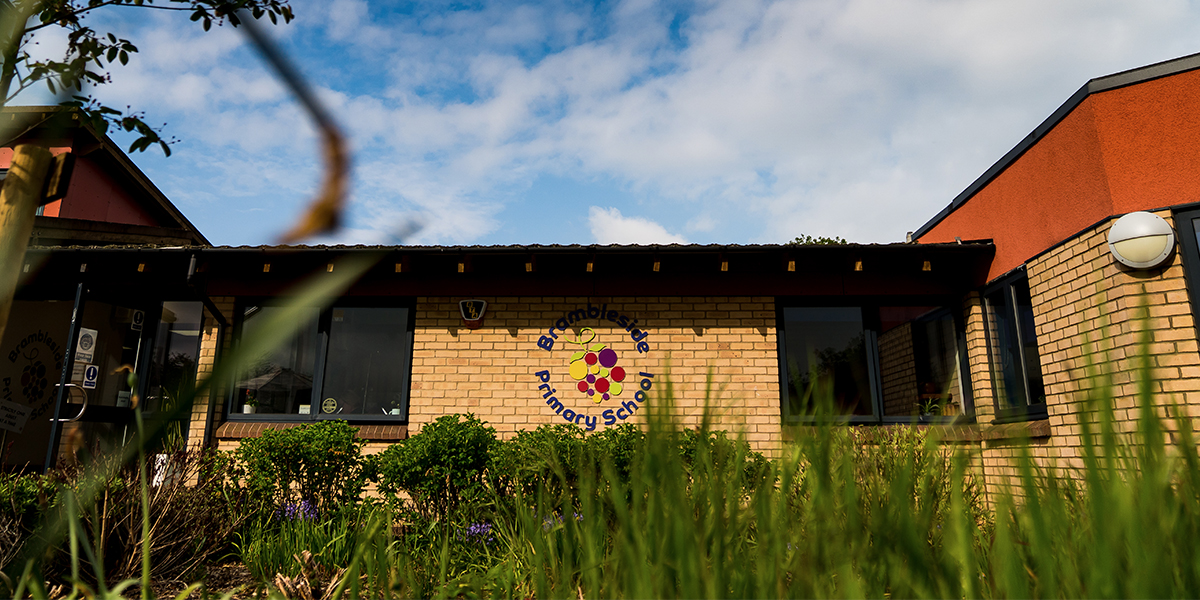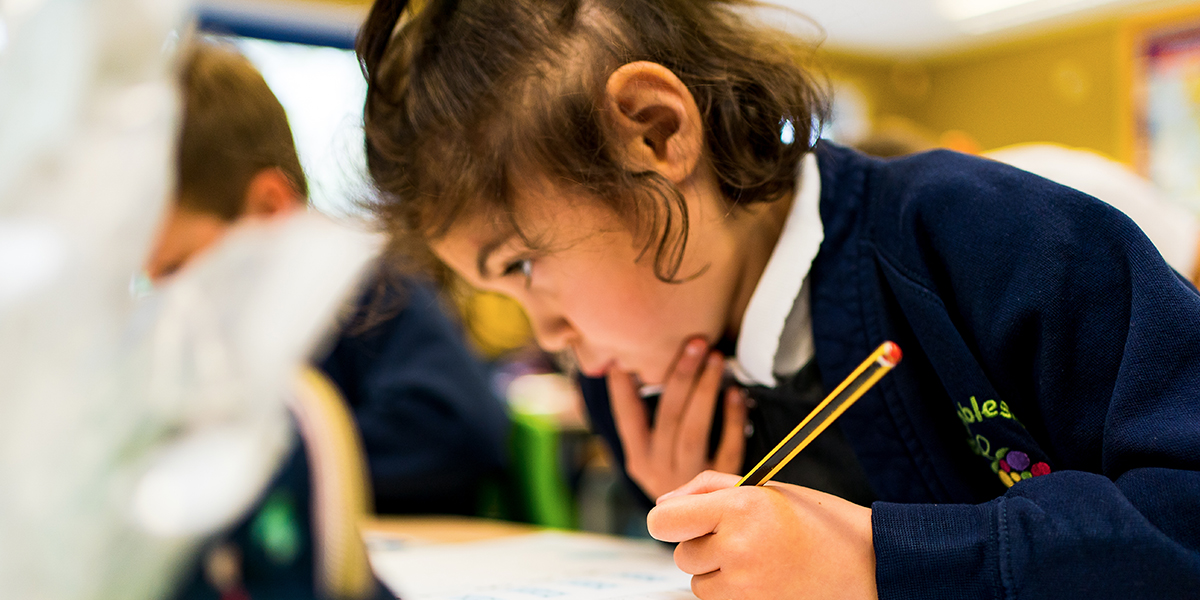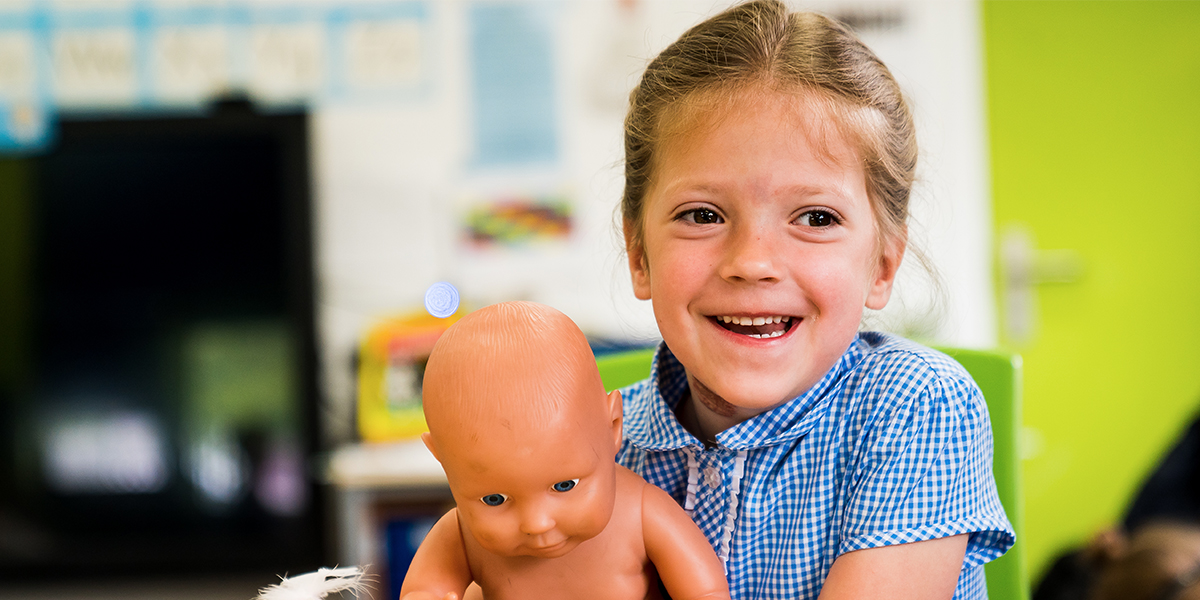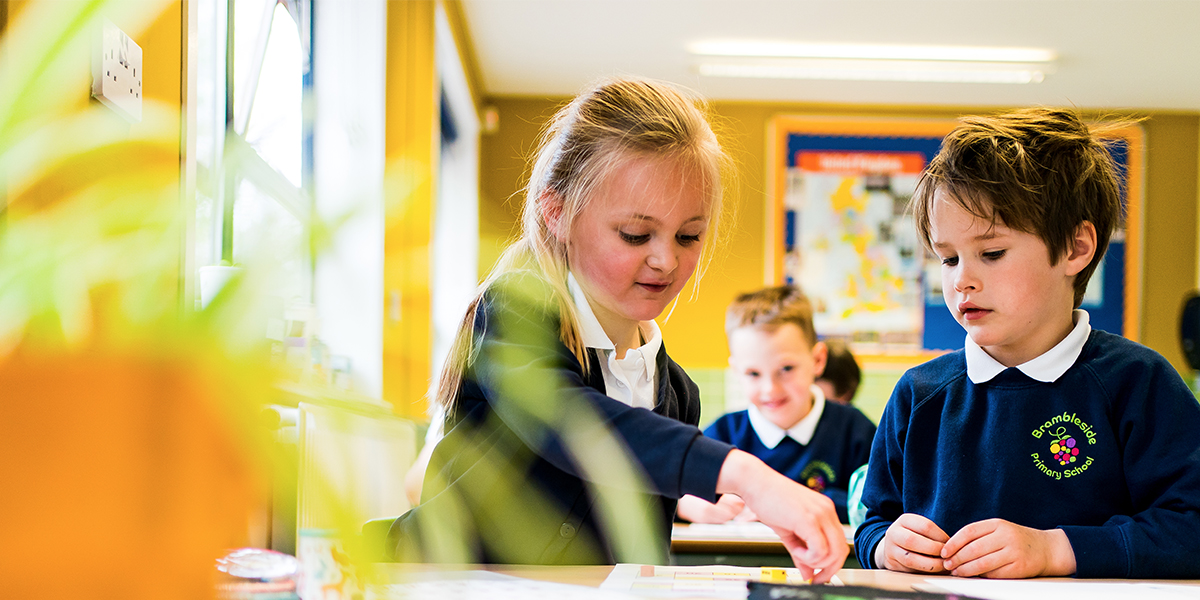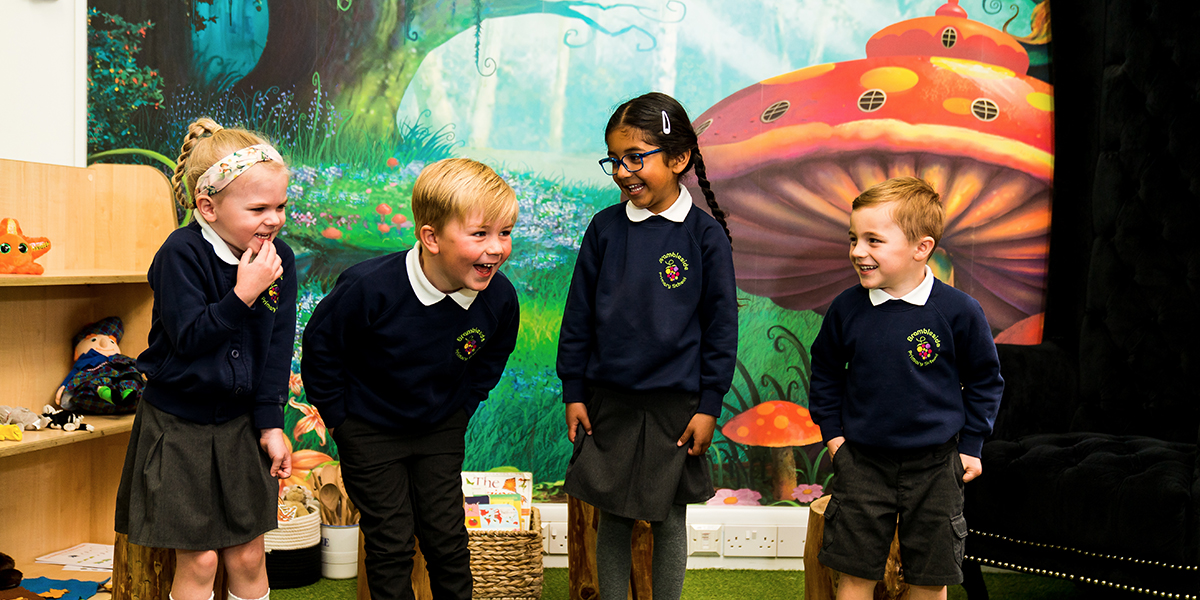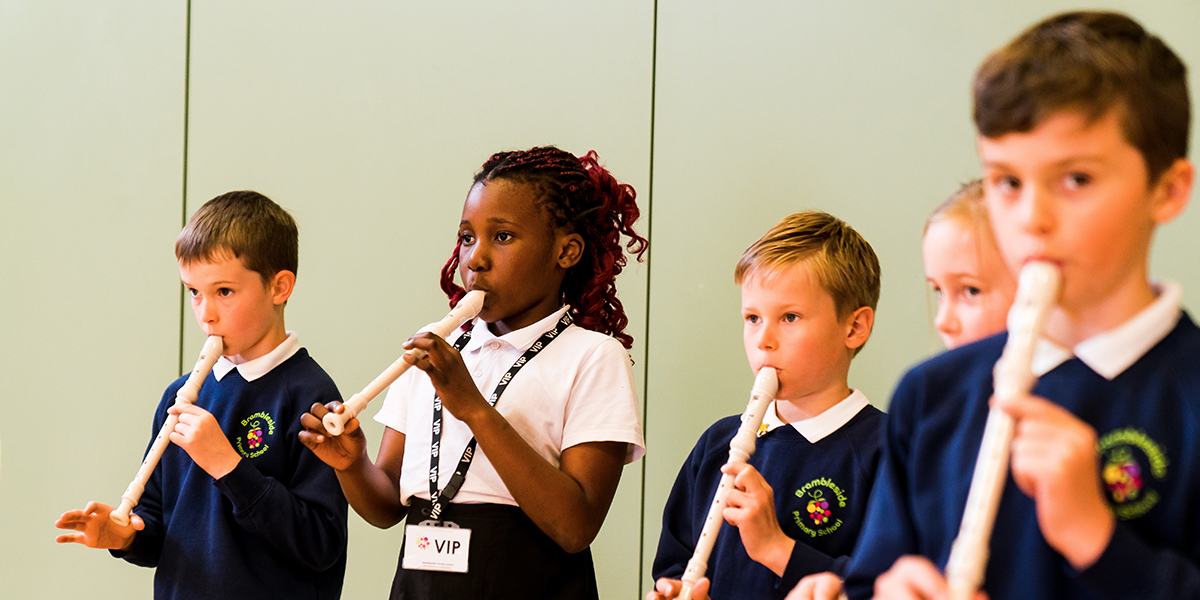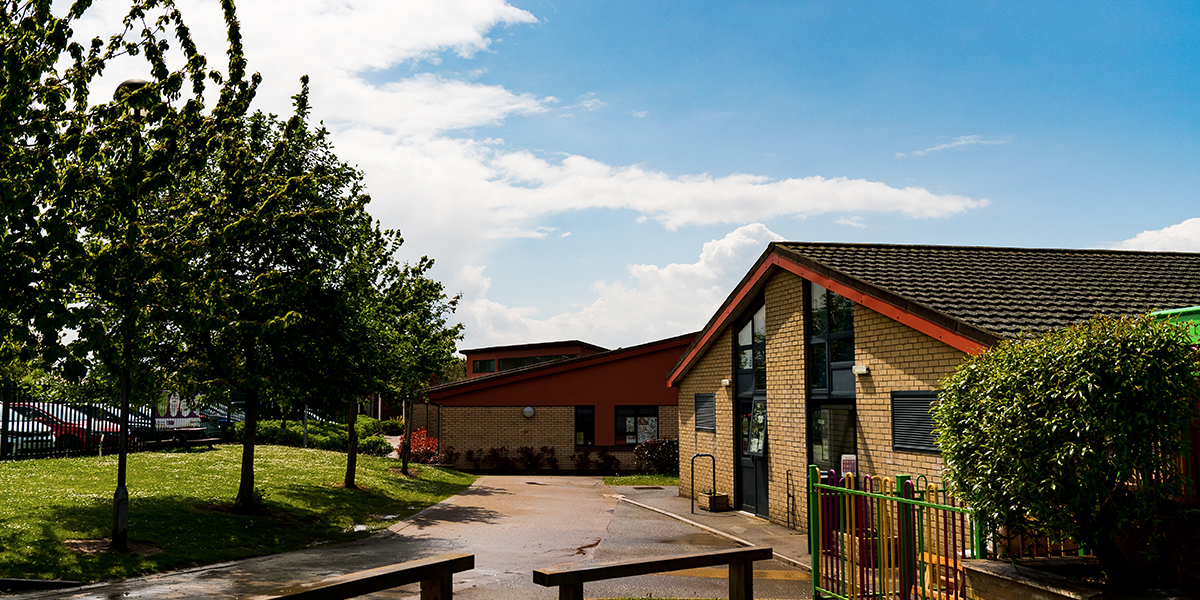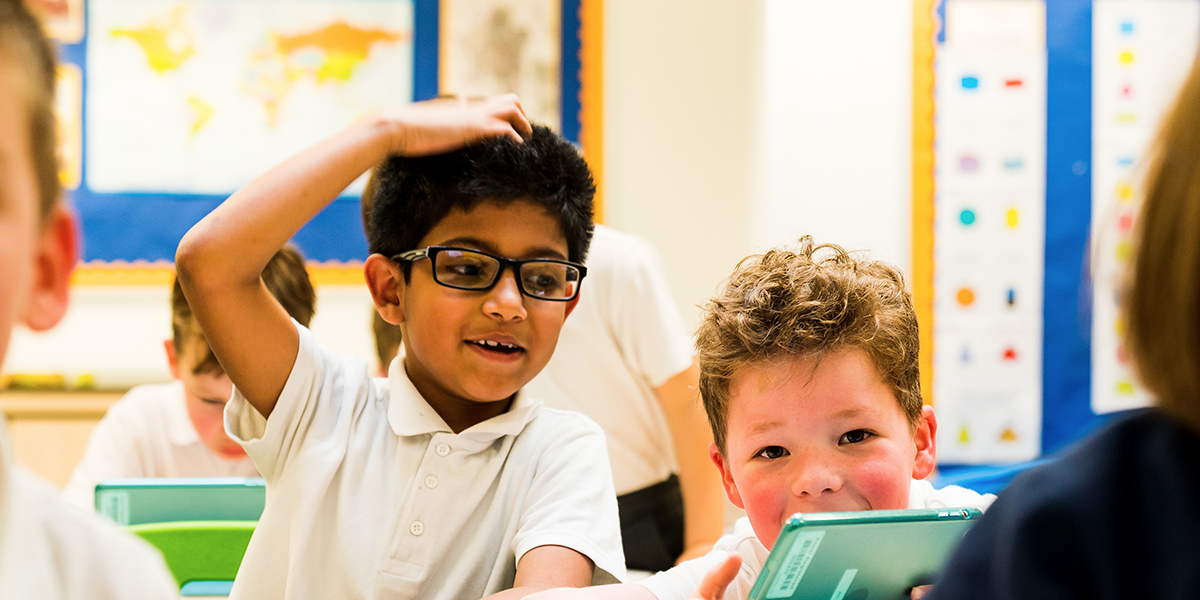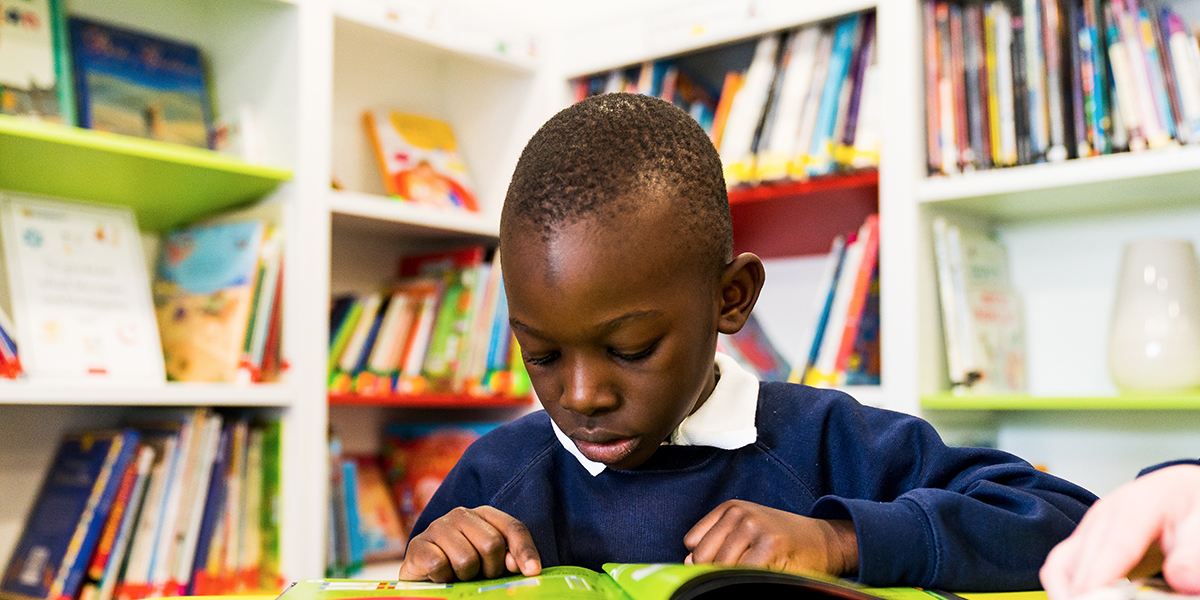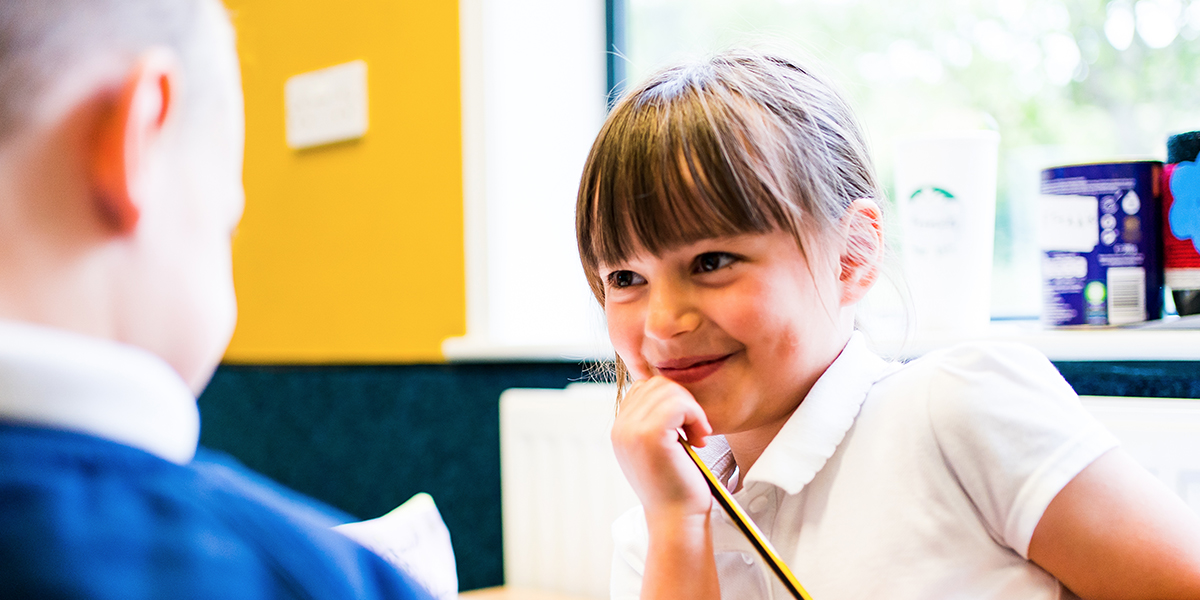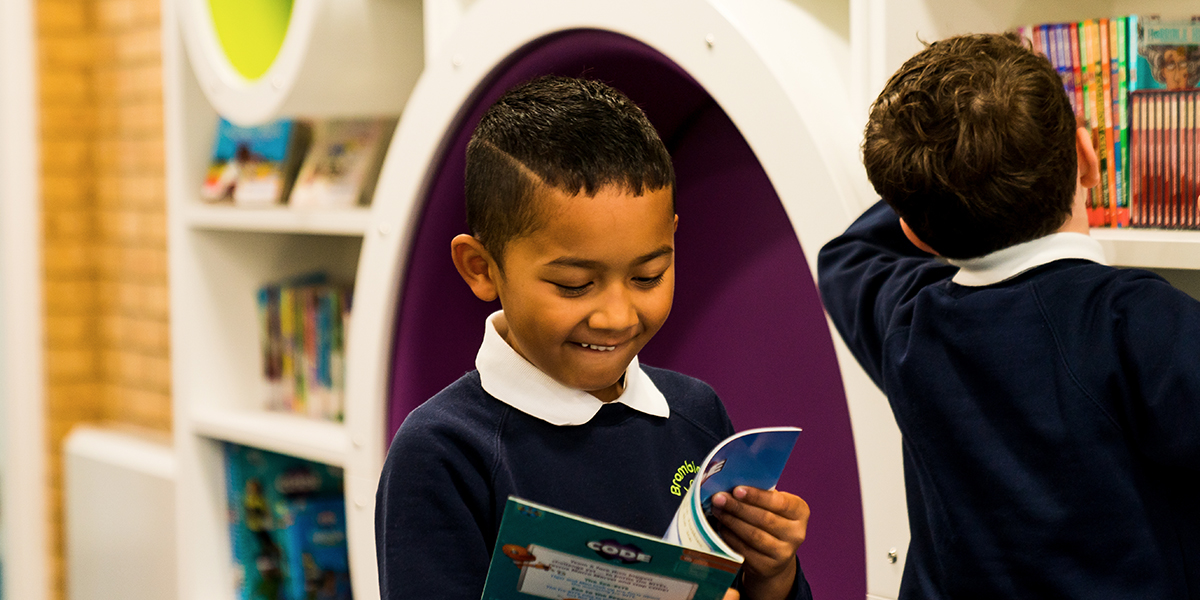Special Educational Needs & Disabilities
You will find associated documents related to this page topic lower down the page.
Our vision
Here you can find out more information on how we support children with special educational needs or disabilities at Brambleside Primary School.
For even further details, please take a look at our SEND Local Offer by clicking on this link.
We encourage all our pupils to aim high and achieve to the best of their ability. As teachers, we work hard to support all the children in our school to be the best they can – including all the children with special educational needs or disabilities. We want all pupils to make the best possible progress in school.
We are an inclusive school and strive to support all children to enable them to make the best possible progress and achieve well. To accomplish these aims, we offer a broad and balanced curriculum with high quality teaching. We provide effective support for children with special educational needs and disabilities, starting from our first contact with parents and carers when a child enters our school. We make sure that additional needs are identified early and we offer a range of provision according to identified needs.
Our aims and objectives
In making provision for pupils with SEND, our aims and objectives are:
- to create a learning environment that meets the special educational needs of each child
- to ensure that the special educational needs of children are identified, assessed and provided for from the earliest possible age
- to ensure that all partners in the process of meeting a child’s individual needs understand and fulfil their responsibilities
- to ensure, in particular, that all school staff understand and fulfil their roles and responsibilities in providing for children's special educational needs
- to have the highest expectations of the progress in learning which can be achieved by all individual pupils, regardless of their individual needs
- to enable all children, including those with SEND, to have full access to all elements of the school curriculum, and to maximise their learning and achievement
- to ensure that parents and carers are able to play their part in supporting their child's education
- to ensure that our children have a voice in deciding how their individual needs might best be met
- to ensure that all necessary resources are made available to meet pupils’ individual needs.
In our school, we aim to offer excellence and choice to all our children, whatever their ability or needs. We have high expectations of all our children and strive to put these into practice through the removal of barriers to learning and participation. We want all our children to feel that they are a valued part of our school community. Through appropriate curricular provision, we respect the fact that children:
- have different educational, social, emotional and behavioural needs and aspirations;
- require different strategies for learning;
- acquire, assimilate and communicate information at different rates;
- need a range of different teaching approaches and experiences.
How do we know if a child has special educational needs?
- Teachers continually review the progress made by each child in their class in order to identify any potential barriers or difficulties with learning or socialisation. If any concern is noted this will be discussed with the child’s parents.
- Any concerns will be discussed specifically with the Special Educational Needs Co-ordinator (SENCO). At this stage, teachers fill in an Initial Concern form.
- An open dialogue between parents and the school is encouraged. If a parent has a concern about their child they should discuss this in the first instance with the class teacher. If concerns persist parents may make an appointment to meet the SENCO.
- Class teachers ensure that children’s individual needs are catered for appropriately within their classroom, whilst the SENCO provides advice regarding which strategies and/or intervention programmes may be appropriate.
- The SENCO makes referrals to external agencies/professionals if this is agreed to be appropriate (due to the nature/complexity of the child’s difficulty). Referrals are only made with parental support.
How do we adapt our teaching for children with special educational needs?
High quality teaching is our first step in responding to pupils who have SEND. When necessary, learning objectives may be simplified to match the child’s stage of development to ensure they can make progress in every lesson. Lessons are differentiated appropriately for individual pupils using a wide range of quality first teaching strategies including:
- Children with specific learning difficulties may record their learning using alternative methods. For example, a child with literacy difficulties may produce a mind map to demonstrate knowledge.
- Additional resources and/or scaffolds including word banks and sentence starters to support writing may be provided.
- Appropriately pitched questions are directed at children, so that all can be actively involved in whole class learning.
What do we do to help children with special educational needs?
Brambleside Primary has developed a wide range of ways in which we support children with different special needs or disabilities.
How we plan additional support:
- First we identify what the particular area of difficulty is. We ask parents to meet with us in order to discuss their child’s needs.
- We agree a programme of support that is carefully targeted on the particular area of difficulty. This describes what we will do to support a child and what we hope the support to achieve. Clear targets are often set for the child’s progress and reviewed regularly.
- To see whether support is helping, we set a time-frame and we review how things are going before planning next steps for the child.
How do we decide what resources are given to pupils with special education needs?
The SENCO is responsible for the operational management of the specified and agreed resourcing for special needs provision within the school, including the provision for children with educational health care plans. The SEND budget is used to fund additional adult support in class, at playtimes and so that intervention and enrichment and support programmes can take place; to buy any specialist support, and/or resources which are necessary to ensure access to the curriculum; to cover the cost of training in order to build staff skills.
How do we check a child is making progress?
- Teachers use information gathered through marking, assessment for learning and observations throughout the year. This enables teachers and senior leaders to have an accurate picture of each child’s progress.
- Maths and English tests and assessments are used to track children’s progress throughout the year. These assessments are used to identify emerging gaps in learning.
- The SENCO tracks and analyses attainment and progress data termly for all children on the SEN register.
- Children involved in intervention programmes are assessed at the start and end of the program in order to measure impact
How do we keep parents informed?
At Brambleside Primary, parents’ opinions and aspirations for their children are welcomed. The school works closely with carers and parents in support of those children with special educational needs. We encourage an active partnership through an ongoing dialogue with parents and carers and recognise that parents and carers have much to contribute to our ongoing support for children with additional needs.
If parents have concerns about their child, parents should speak to the class teacher in the first instance. They may be directed to make an appointment with the SENCO for further discussion. At parents’ evening, parents of pupils with special educational needs are given the opportunity to make an appointment with the SENCO as well as the child’s class teacher. Parents of children with an EHCP have an annual review which parents and external professionals are invited to attend.
Support we offer for children’s mental and emotional wellbeing
At Brambleside Primary, we want all children to be happy and able to behave appropriately to learn well so all our class teachers work with children in their class on social skills, behaviour and wellbeing. Personal, social and health education (PSHE) is taught at an age appropriate level across the school. Pupils with SEND are encouraged to be members of the School Communication Team. We have a zero tolerance approach to bullying.
If a child has a social, emotional or behavioural difficulty the class teacher will work alongside the senior leadership team and the parents to support the child and help them move forward with minimal disruption to their learning.
Specialist external help we use when we think extra help is needed
Sometimes a child will have needs that will benefit from additional help from specialists outside the school. Depending on a child’s needs we may draw on support from:
- Speech and language therapy
- Occupational therapy
- Specialist SEND support service
- Educational Psychologist
- School Nursing Team
We always communicate with parents if we think additional support is needed and receive permission before we contact specialists.
How do we include children in activities and on school trips?
Here, we ensure all children have the opportunity to take part in clubs, trips and extra-curricular activities. For some pupils, reasonable adjustments may need to be made. This is always done in partnership with parents and carers. All pupils are encouraged to take part in sports day, school plays, class assemblies and special workshops.
Our school environment
Brambleside Primary is committed to providing an environment that allows all children and adults to the school premises and all areas of learning. For more information, please read our Accessibility policy.
Admissions and transition arrangements
If you are the parent of a child with additional needs and are considering applying for a place at Brambleside Primary for your child, you may wish to contact the SENCO to discuss their needs and how they could be met. Parents of children with additional needs can be invited to meet with the SENCO prior to their child starting at Brambleside Primary in order that the school has a good understanding of the child’s needs and can ensure appropriate support and provision is in place. The SENCO liaises with colleagues in nurseries, pre-school settings and secondary schools in order to ensure appropriate transition arrangements are in place.
Year 6 teachers plan lessons during the summer term in order to prepare children for secondary school. Visits to local secondary schools are arranged and SEND pupils may be invited to make extra visits, if appropriate.
There are clear transition arrangements made at the end of each academic year for individual pupils to ensure a smooth handover to their next class.
How parents are involved in school life
Our school encourages an open dialogue with parents. We value parents’ contributions and knowledge and strive to work in partnership in order to ensure children can progress and reach their full potential. There are opportunities for parents to provide additional support, for example, as a volunteer reader.
Who to contact for more information or to discuss a concern
Parents should contact their child’s class teacher in the first instance. An appointment with the special educational needs coordinator/Inclusion Leader – Mrs Michelle Eaton-Brown. Our SEND governor is Mr Paul Hanson.
Useful Links
Educational Psychology Service
Education Inclusion Partnership Team
EIP Contact 0300 126 1000
Virtual School for Looked After Children
Contact 0300 126 1000
Information and Support Parent Partnership Service
Contact 01604 364722
Information on where the Local Authority Local Offer is published
SEND Policies

